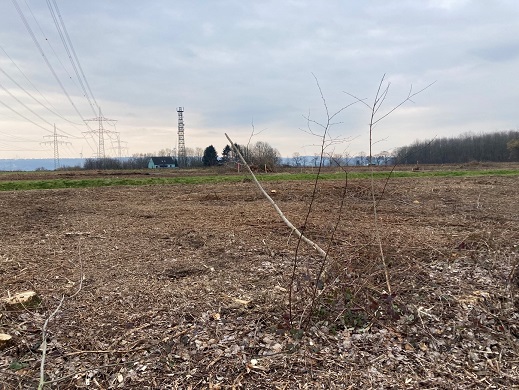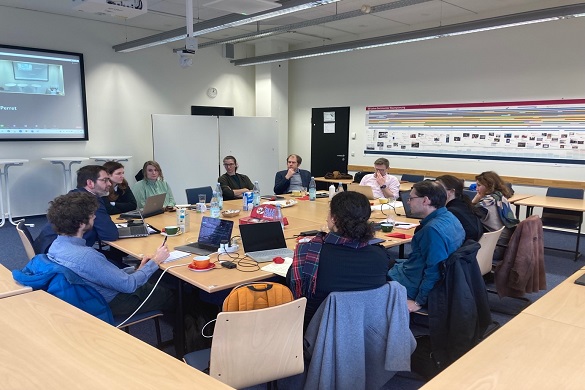Exploring issues and challenges to suburban densification
Published on

Researchers from the University of Liverpool are part of a new European project to explore the challenges, drivers and barriers of making suburban areas more populated.
Densification, a term used to describe the increasing density of people living in an area, is considered to be crucial in reducing greenfield development whilst delivering much needed housing. Suburban areas have huge potential to become denser.
Called SUBDENSE, the project will analyse the potential for densification in selected city regions in France, Germany and the UK through geospatial analysis as well as the role of landowners, stakeholders and policy makers to better understand where densification takes place and why.
The project aims to better understand the spaces, stakeholders and policies involved in suburban densification through innovative methods that combine spatial analysis, cultural theory and planning research.
Dr Sebastian Dembski, from the University’s Department of Geography and Planning is leading the Liverpool involvement in the project. He said: “Densifying suburban areas is challenging for many reasons including fragmented landownership and smaller plot sizes. In addition, the interests of landowners and other stakeholders are often more diverse and there are other concerns than simple economic gain.
“The aim of this project is to better understand the issues and challenges relating to suburban densification. Public policy that doesn’t understand this is likely to fail to achieve densification at the scale required to avoid building on greenbelt areas.”
The SUBDENSE project, which involves TU Dortmund University, the Institut national de l’information géographique et forestière (IGN) and the IOER Leibniz Institute of Ecological Urban and Regional Development, was recently launched in Dortmund.
[caption id="attachment_110582" align="alignnone" width="585"] The project team at work at TU Dortmund University[/caption]
The project team at work at TU Dortmund University[/caption]